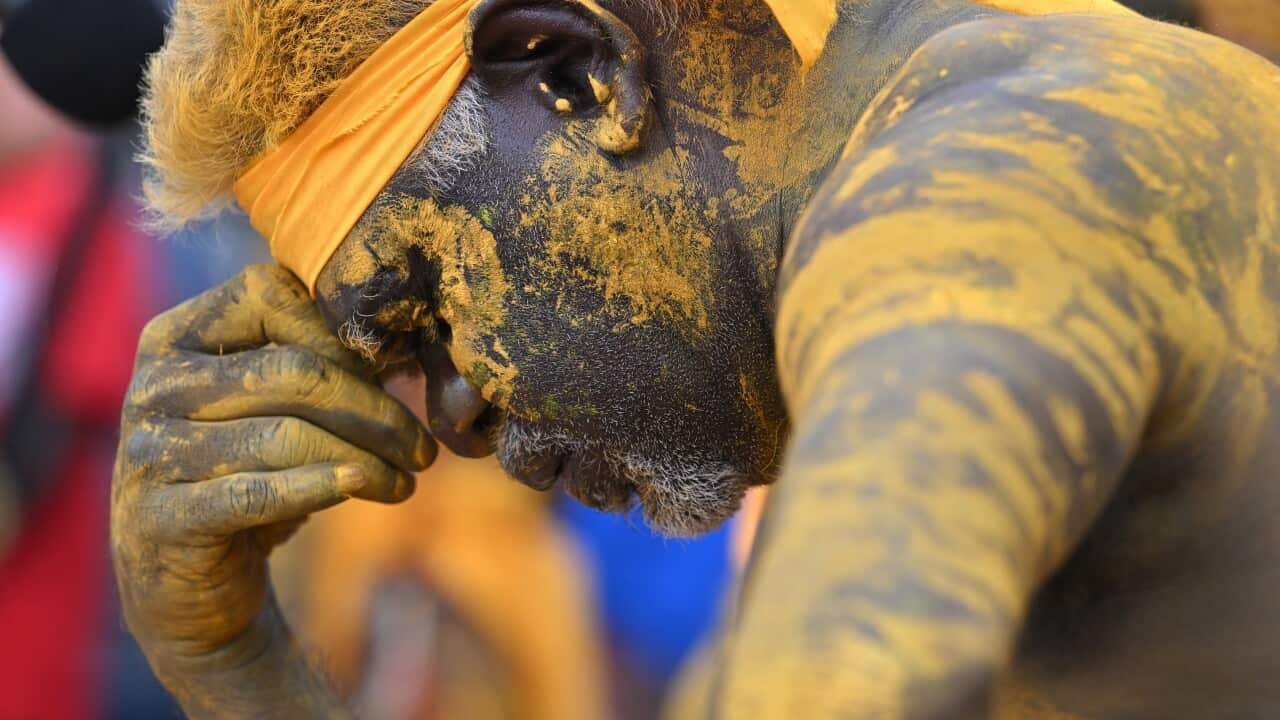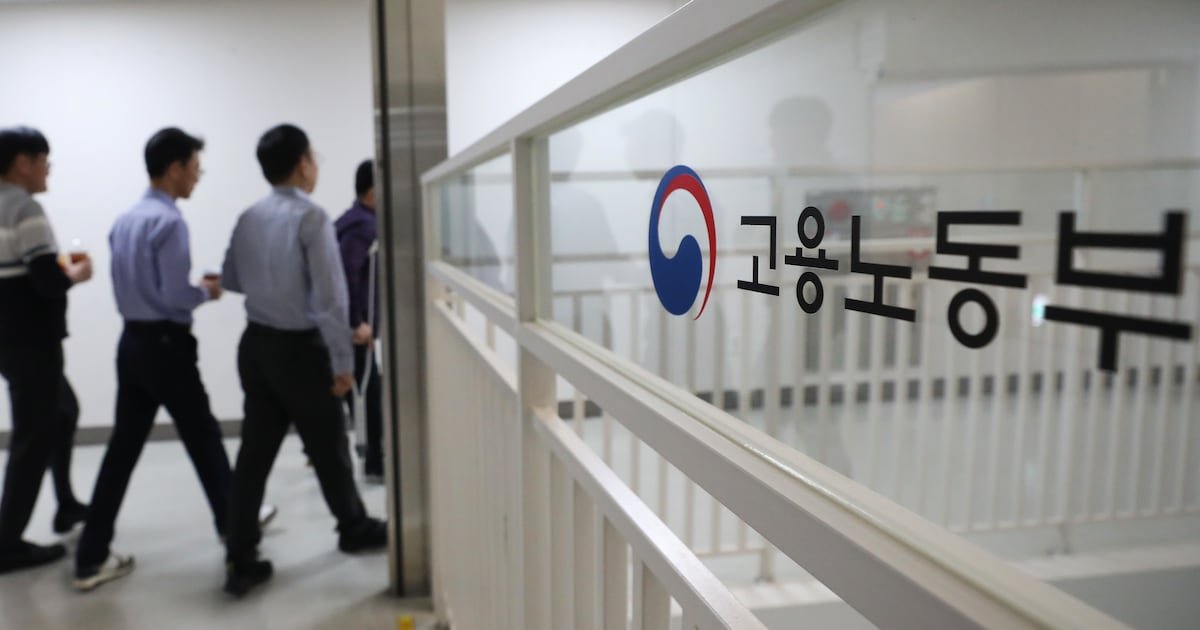A film première in New Zealand this month told a much bigger story than the documentary movie shown on the screen.
The first showing was supposed to be in March at the CinePanalo Film Festival in the Philippines. The festival in Manila was a fitting venue, given the documentary, Food Delivery: Fresh from the West Philippine Sea, chronicles the struggles of Filipinos delivering supplies to remote military outposts while battling harassment from China’s coast guard and maritime militia.
Instead, the première took place thousands of kilometres away, in Auckland, for reasons not dissimilar to those portrayed in the film: pressure from China.
The documentary seeks to humanise this longstanding security issue by taking viewers along on these supply runs. But China calls the film “rife with disinformation and false propaganda” and also sought to stop it being screened in Auckland “in the interest of public and China-New Zealand relations”. Local organisers rejected the Chinese request, affirming a commitment to “independence and curatorial freedom”. The film received positive audience reviews and won the festival award.
The earlier pressure in March against the film’s première in the Philippines had reportedly come via the festival’s sponsor, a local supermarket company with a supply chain reaching into China. The documentary’s director Baby Ruth Villarama described this as “corporate fear” rather than government censorship. “And that’s even more dangerous,” she said, “because it’s less visible, less accountable.”
Beijing has sought to weaponise culture alongside trade, aid or sports in a bid to pressure other countries.
China’s efforts to block the film reflect its authoritarian habit of media censorship. This pressure is implemented not only domestically but internationally to quash any contradictions of its tightly controlled narrative about Chinese maritime claims. It was a further example of Beijing’s diplomatic overreach, harking back to the brand of assertive “wolf warrior diplomacy” that sought to shake off blame, create scapegoats, and instigate nationalistic sentiments.
Beijing has sought to weaponise culture alongside trade, aid or sports in a bid to pressure other countries. In 2016, for example, China banned K-dramas and K-pop groups in response to the deployment of US anti-ballistic missile defence system batteries in South Korea. In 2009, China sought to stop the Melbourne International Film Festival from showing a documentary The 10 Conditions of Love, which focused on Uyghur campaigns.
Villarama hopes that the ruckus caused has the opposite effect to what China hoped, by attracting an even bigger audience. She has spoken of her resolve to share the stories of ordinary people caught in the maritime conflict who are often overlooked in media headlines. “The attempts to block the film didn’t intimidate us. They clarified our purpose.”











